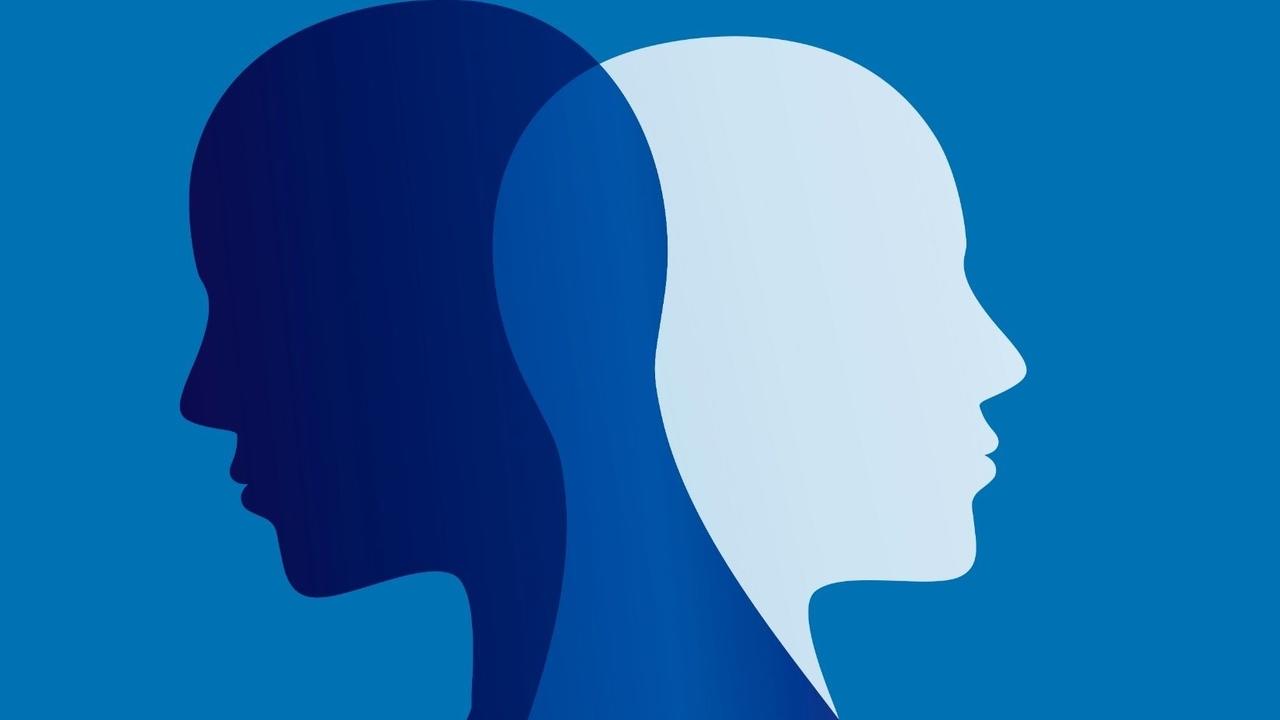Is it common? Is it normal?

Is it common? Is it normal?
By Danielle D Jenkins, PsyD
People ask me all the time if they are normal and if what they do or are going through is normal. I don't often answer that question with a clear yes or no. Well sometimes I do. Is it normal to have anxiety as a parent, yes! Normal and common! A little anxiety is very normal and actually helps you be a better parent. A lot of anxiety is common but not healthy.
Meriam Webster defines common as occurring or appearing frequently. Webster defines normal as usual or ordinary; not strange; mentally and physically healthy. So here's the deal, maternal mental health disorders are common. Not what we could, by definition, call normal, but unfortunately extremely common.
Baby Blues
About 80% of women experience the “baby blues,” including sadness, confusion, and crying. This usually resolves within two weeks. This makes it both common and normal. If the symptoms do not resolve within 10-14 days or develop past the fist 10 days postpartum it can be classified as baby blues.
Prenatal and Postpartum Depression
As many as 20% of women (and in some places in America it's more like 25%) will experience a depression that is more serious than “baby blues.” A mother might be experiencing prenatal or postpartum depression if she has one or more of the following symptoms for longer than two weeks:
- Trouble sleeping, even when baby sleeps
- Feel sad, hopeless, overwhelmed
- Feel anxious or panicky
- Not feeling connection to baby
- Think family would be better off without her
- Isolate herself from friends and family
- Unexplained anger or irritability
- Fear she might harm herself or her baby
- Fear of being alone
- Fear of leaving the house
- Difficulty concentrating
- Feelings of guilt
Prenatal and Postpartum Anxiety Disorders
A woman could experience a new problem with anxiety or a reappearance of a past diagnosis.
A mother might be experiencing a prenatal or postpartum anxiety disorder if she has any of the following symptoms:
- Extreme anxiety with panic attacks (racing heart, chest pain or tightness, dizziness, nausea).
- Excessive worry or anxiety which the mother finds difficult to control and associated with restlessness, fatigue, irritability, muscle tension, or insomnia.
- Obsessions or thoughts that are persistent, frequently about hurting the baby and/or compulsions that are repetitive, ritualistic behaviors that the mother finds difficult to control. 10-15% of women will develop postpartum anxiety disorders.
Postpartum Psychosis
A very small number of women (0.5% or less) suffer from a severe maternal mental health disorder called postpartum psychosis. The symptoms of this disorder may include:
- Extreme confusion
- Seeing or hearing things that are not actually there
- Thoughts of hurting oneself, one’s baby, or others
- If you or someone you know are experiencing these symptoms, seek medical help immediately. Postpartum Psychosis is a medical emergency due to the potential for a mom to harm herself or her baby.
What is Maternal Mental Health Care? Highly specialized and compassionate professional services that promote the mental wellbeing of women who are pregnant, caring for young children, struggling with grief related to a pregnancy loss, experiencing fertility issues, or facing other parenting or pregnancy difficulties. These providers focus on preventing, diagnosing, and treating mental health and relationship concerns commonly experienced during pregnancy and the first year postpartum.
